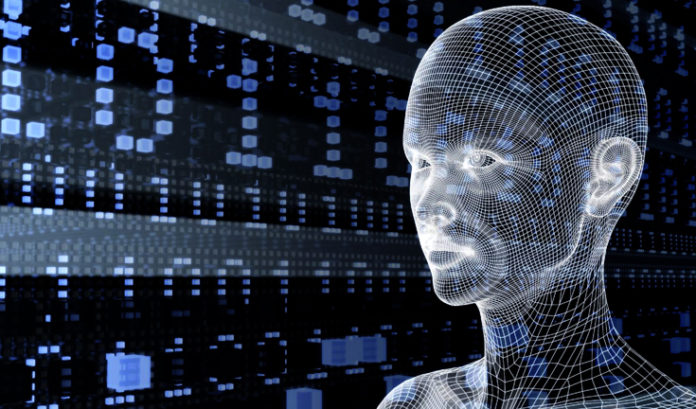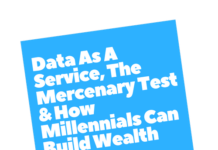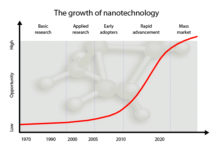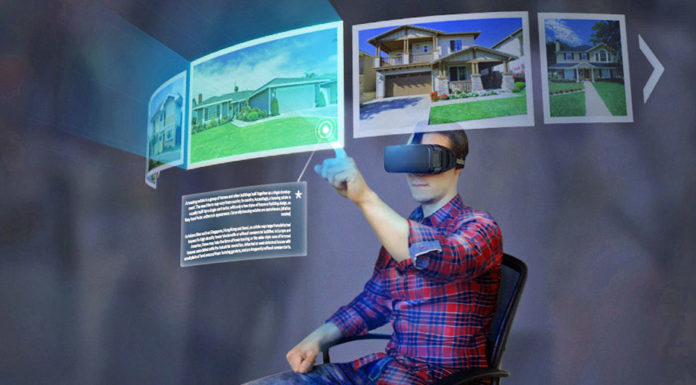Here is a test. Can you distinguish which poem below was written by a human and which one was written by a machine.
Poem #1
A home transformed by the lightning
the balanced alcoves smother
this insatiable earth of a planet, Earth.
They attacked it with mechanical horns
because they love you, love, in fire and wind.
You say, what is the time waiting for in its spring?
I tell you it is waiting for your branch that flows,
because you are a sweet-smelling diamond architecture
that does not know why it grows.
Poem #2
And what if from distress comes something fine,
And following this dress-rehearsal pain
Gives way to Joy, mistress of ardor, art,
And love, who sure this mess would straighten out?
For Joy has no illusions of a break;
She brooks many ill fusions of extremes,
And shares her light ‘till few suns could compete;
Her binding love makes twos ones and keeps peace.
So best not make a strumpet of this Joy,
Assert that she pays some debt with her smile,
Or name to her a numb set of stale sparks;
She never has succumbed yet, bless her heart.
Her love is full and indiscriminate
And even so you’ll find no sin in it.
Which one do you think was written by a machine? If you selected Poem #1 you are correct. Poem #2 was written by Kurtis Hessel and Poem #1, entitled “For the Bristlecone Snag,” was written by a computer.
The most amazing thing about Poem #1, other than the fact that it was written by a computer is the fact that it passed the Turing test. The Turing test was developed by Alan Turing in 1950, and it is a test of a machine’s ability to exhibit intelligent behavior equivalent to, or indistinguishable from, that of a human.
This particular poem was selected to be published in the Duke Literary Journal, The Archive. The editors had no idea it was written by an algorithm.
What is Artificial Intelligence (AI)? Google defines AI as:
the theory and development of computer systems able to perform tasks that normally require human intelligence, such as visual perception, speech recognition, decision-making, and translation between languages.
Artificial Intelligence is already a part of our day to day lives. If you use the Google Photos app, this incorporates visual image recognition technology and AI algorithms to simplify and organize your photos and memories. If you drive a Tesla or a recently purchased vehicle, most likely you are driving a machine that is helping you become a more efficient driver through artificial intelligence.
I anticipate AI will dramatically change the rental industry over the next 10+ years in the following ways:
- Rental Marketing
- Rental Marketing for apartments and houses will be completely streamlined, moving the roles and responsibilities of the VP of Apartment Marketing to a role based on creativity and data.
- Rental ads will be dynamically generated in real-time. Unique and personalized content based on the renter’s needs will be displayed at the exact right moment.
- Potential residents will communicate directly with a “Siri” like voice and text activated assistant. 10 years from now, the technology will be so perfect, we will not be able to tell if we are speaking with a leasing agent or a machine.
- Rental Operations
- Leasing agents will be replaced by robots that can show the prospect around and answer any questions the prospect asks.
- Large REITs and property managers who own or manage multiple properties in a specific geographic area will be able to leverage autonomous vehicles that will physically take the prospect to properties that match the prospect’s preferences.
- Credit Checks as we know them today will become obsolete. New sophisticated algorithms will parse big data based on the individual to give a much more accurate prediction on the likelihood of receiving monthly rent payments.
- There will be few onsite maintenance professionals as most of the appliances, hardware, heating, AC, etc will fix itself. If it can’t, a robot will be able to fix and replace it for us.
- Accounting will be fully automated, eliminating the need for a tax professional.
All of this may sound dystopian, but I believe it is the exact opposite. Machines will make us better, more efficient, more creative. We will have more time to spend with our families and doing the things we love. We will work less and live more. Sure, some of us will have to change the way we operate. We may have to take new classes to learn new skills. We will have to become much more creative. However, in the end, progress equates to happiness. If we can leverage machines to help us progress individually and collectively, I think in the end, the world will be a better place.















